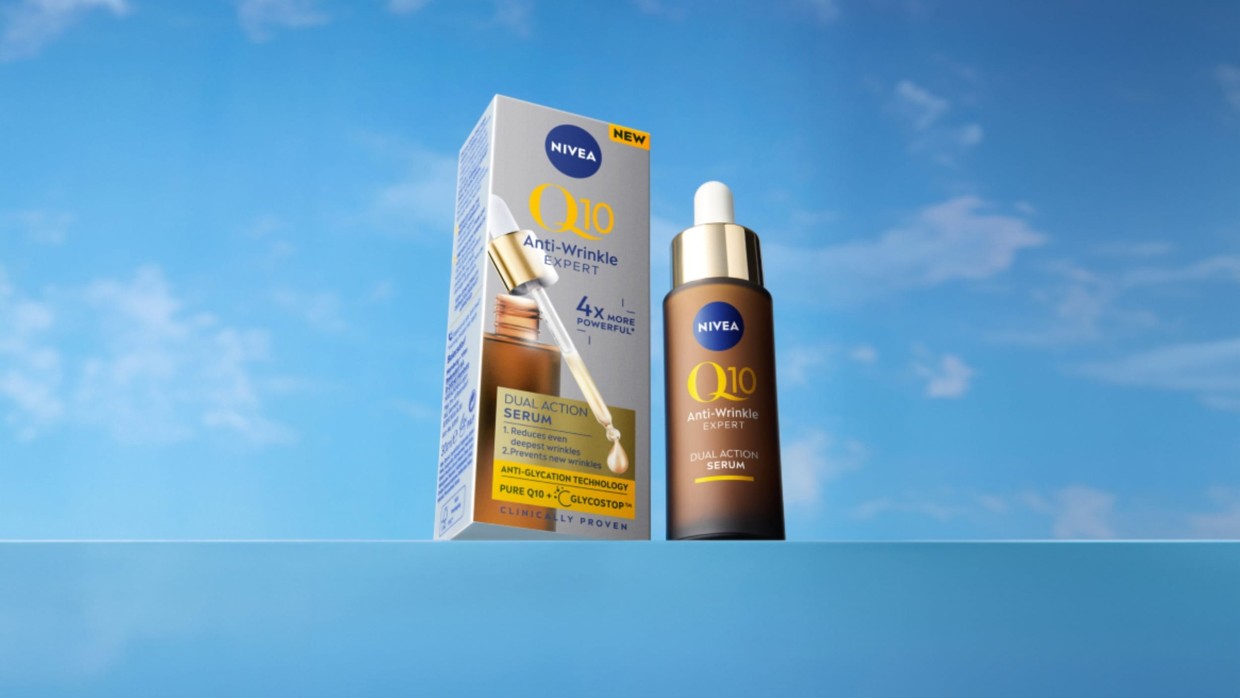News
News
The Sugar Effect on Wrinkles Has Been Decoded
Beiersdorf Achieves Success in Its Long-Standing Glycation Research
After nearly ten years of research, Beiersdorf has identified an active ingredient to combat sugar-induced skin ageing. With its “Glycostop” NAHP, the company says that it is now taking another decisive step in the anti-aging segment. It already has a patent for the use of NAHP in cosmetic products.
Glycation increases loss of skin elasticity
Numerous scientific studies showed many years ago that excessive sugar consumption is associated with various risk factors that contribute to the development of diseases. However, it is largely unknown that sugar also has a negative impact on our skin and can cause wrinkles. Glycation is a naturally occurring but irreversible chemical reaction that occurs when sugar molecules bind to proteins or lipids. This leads to the formation of advanced glycation end-products (AGEs). The longer a protein lives in the skin, the more AGEs it can accumulate, which in turn can lead to inflammation and free radicals. Thus, sugar weakens the skin’s collagen and elastin fibres.
During its Glycation research, the Beiersdorf team tested around 1,700 active ingredients. Many substances intercept the sugar before it can react; they sacrifice themselves and become saccharified. This effect has to be avoided. NAHP, which stands for N-Acetyl-L-hydroxyproline, prevents the glycation reaction from taking place and prevents the formation of AGEs by up to 68 per cent. Sugar molecules are neutralised before they can bind to proteins and weaken collagen fibres, for example.
Glycostop and Q10 Together against Skin Ageing
As of April 2024, the new anti-aging product Nivea Q10 Dual Action Serum is available in stores. This combines Glycostop with the anti-wrinkle active ingredient Q10 in an innovative formula. The new serum reportedly works from day one and is clinically proven to visibly reduce deep wrinkles within two weeks. The product is free from silicones, mineral oils, and non-biodegradable polymers.
Source: Beiersdorf

